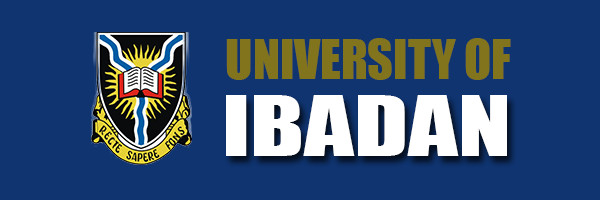History
The Department of Veterinary Surgery and Reproduction was created/carved out of the Department of Veterinary Medicine and Surgery in July 1976 when Veterinary Medicine achieved the status of a full Faculty. Hitherto, Veterinary Medicine was in the Faculty of Agriculture, Forestry and Veterinary Science.
The Department stated developing programmes at the undergraduate level in Veterinary Surgery and Theriogenology {Veterinary Reproduction}. At the inception of the Department, the two major areas of Surgery and Reproduction were examined as a two-paper Surgery Examination with Surgery and Reproduction examined as Paper I and II, respectively. When the Faculty changed to the course system, like other Faculties of the University, courses were developed in General Surgery, Anesthesiology, Soft Tissue Surgery, Imaging, Orthopedics as well as Gynecology, Obstetrics, Pediatrics of all domestic animals, Andrology and Artificial Insemination.
The Department has postgraduate programmes in Veterinary Surgery and Theriogenology. The M.V.Sc and Ph.D degree programmes were approved as professional degrees in 1976 to emphasise the professional orientation of our Postgraduate programmes. The Postgraduate Diploma and M.V.Sc in Surgery and Theriogenology are open to graduates of Veterinary Medicine. With subsequent growth of the Department, postgraduate courses at the level of M.Vet. Sc. M.Phil. and Ph.D. were established and many postgraduate degrees had been awarded
The Department has been running Postgraduate Programmes since 1976 under the old Department of Veterinary Surgery and Reproduction. In 1976, the Department got approval to start Artificial insemination, Andrology, Infertility, Immunoproduction and Mastitis to expand the scope of advanced clinical training available to the practising Veterinarians. In March 2016, the Department of Theriogenology was created/carved out of the old Department of Surgery and Reproduction. Theriogenology is the branch of Veterinary Science concerned with reproduction, including the physiology and pathology of male and female reproductive systems of animals and the clinical practice of veterinary obstetrics, gynaecology, and andrology. Theriogenologists are veterinarians with advanced training in animal reproduction and obstetrics. Theriogenology service provides routine and specialized clinical services in reproduction. It also provides support and continuing education for veterinarians and producers through Africa and beyond.
Degrees awarded are, MVSc. M.Phil and Ph.D.
Vision and Missions of the Department of Theriogenology
Vision:
• To create and maintain academic, clinical, research and outreach programmes that are recognized nationally and internationally for their quality and innovation.
Missions:
• To provide an environment that is conducive to effective teaching and learning.
• To advance animal health and wellness through the provision of exceptional experience, discovery of innovative methods to diagnose, prevent and treat theriogenological conditions of animals and the delivery of state-of-the-art Theriogenology care.
• To conduct clinical, basic and translational research for the improvement of animal and human health.
• To engage in consultation services and outreach activities that benefit the community and veterinary profession.
